New connections in Beiyang Township: Sino-German Workshop Coordinated by Bauhaus Universität Weimar and Zhejiang University
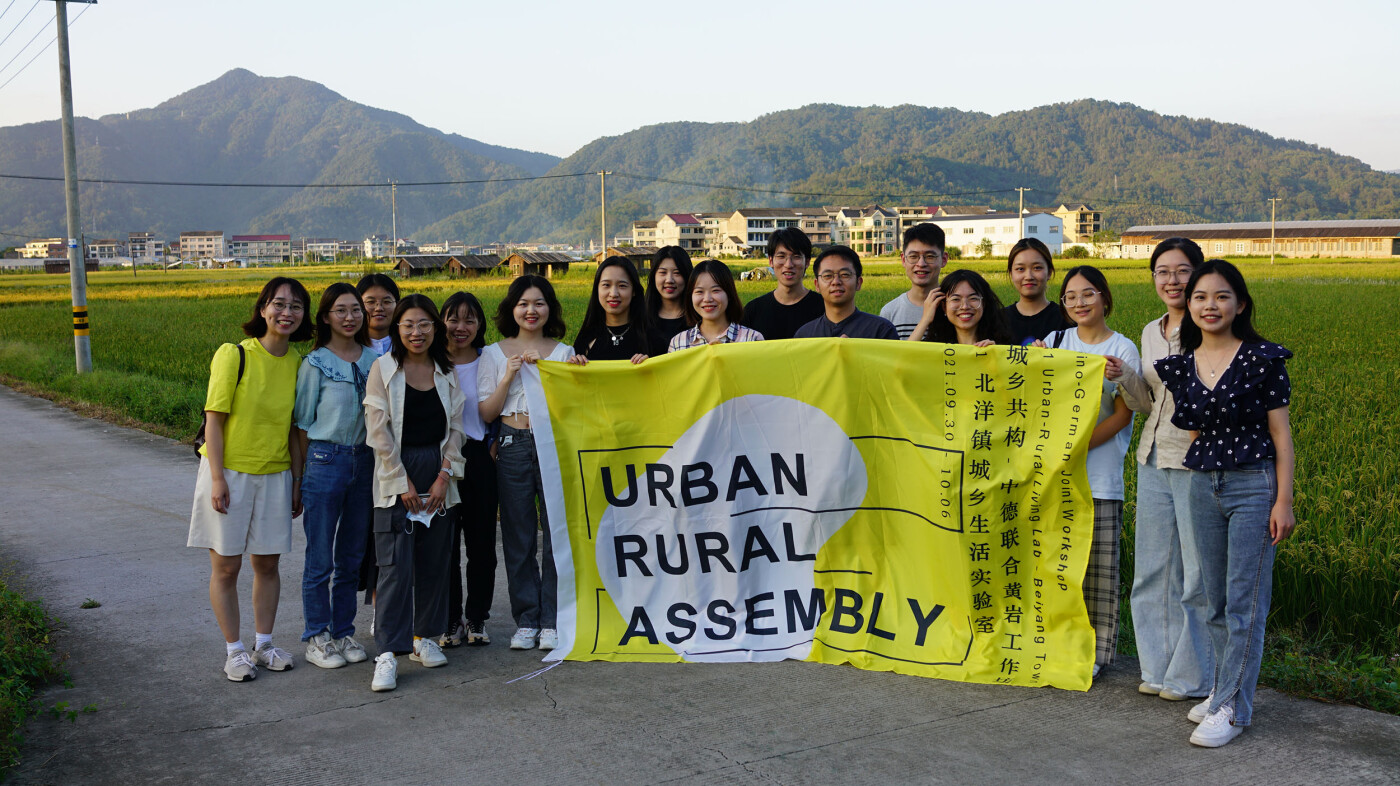
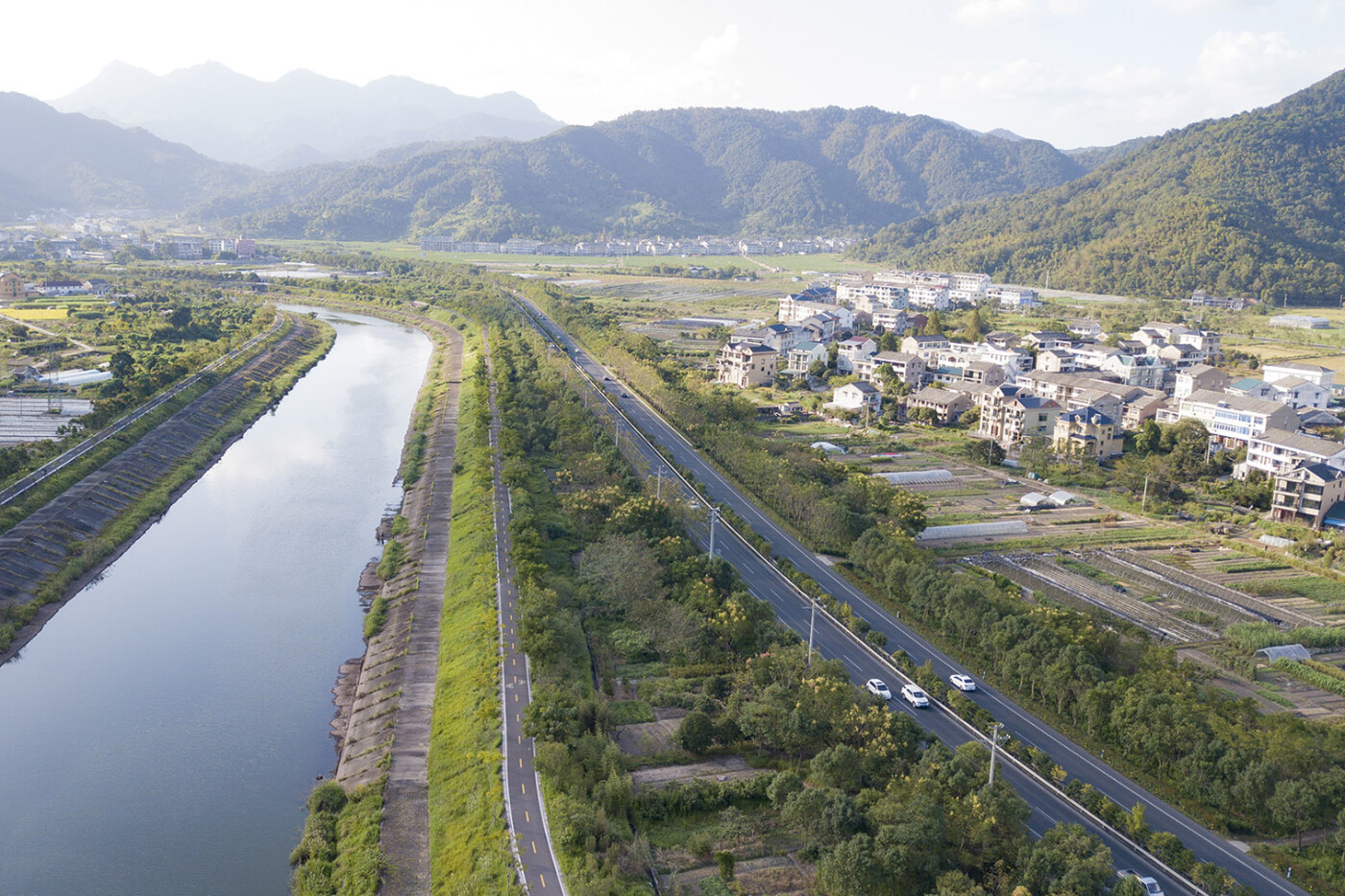
Text: Yuting Xie, Jie Zou and Yating Zhu,
Photo: Yuting Xie, Jiaxin Ying and Yating Zhu
As part of the R&D (Research and Development) phase of the URA (Urban-Rural Assembly) project, consortium partners are exploring the possibilities of URLLs (Urban-Rural Living Labs) in China.
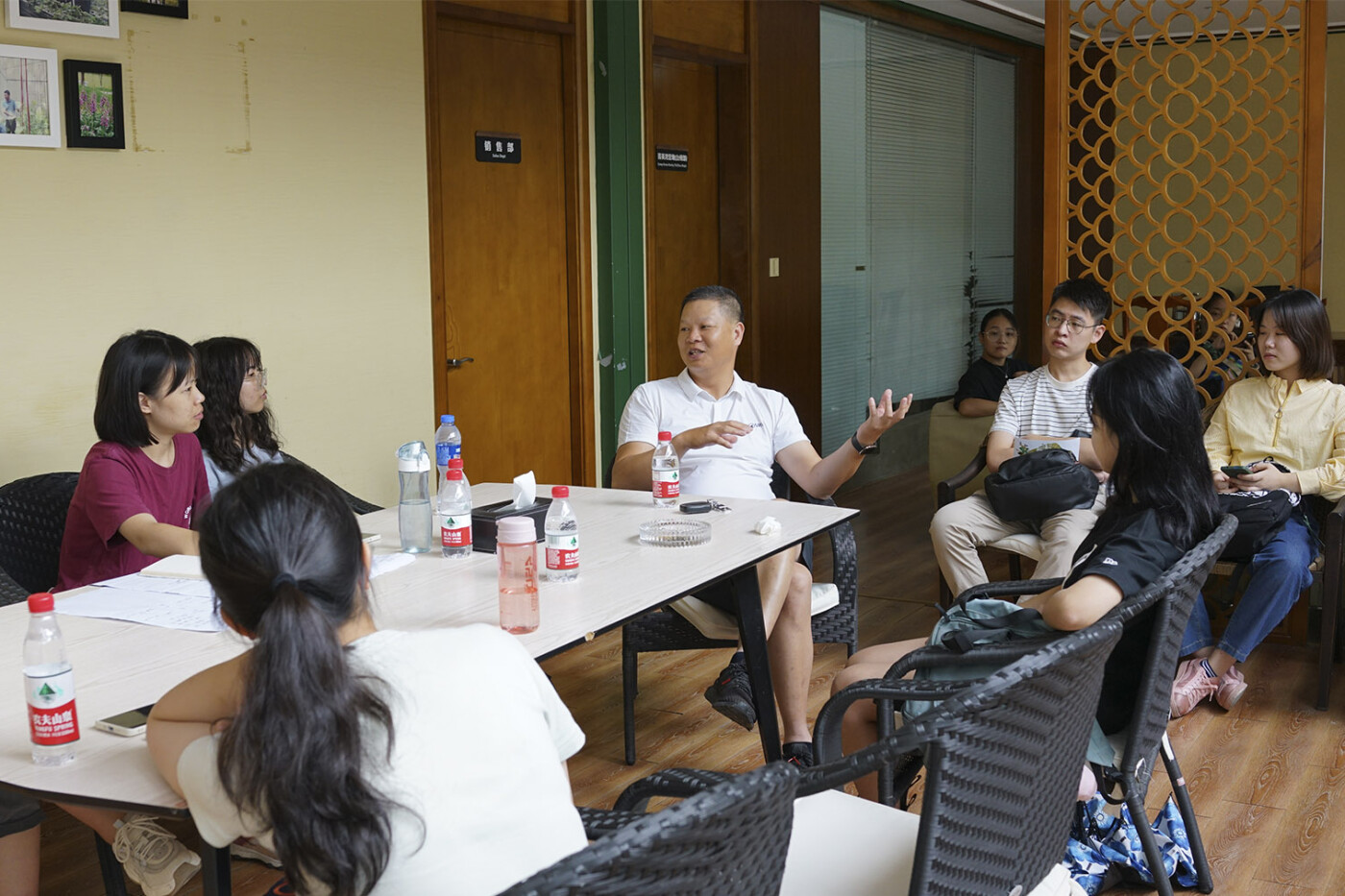
Coordinated by WP (Work Package) 4 ‘Urban-Rural Landscapes and Spatial Typologies’ in cooperation with WPs 2-6, an open call for participation was launched which invited students from across China to an interdisciplinary workshop in Beiyang Township, Huangyan-Taizhou. The 11 students who were chosen to participate came from a wide variety of professional backgrounds, and joined URA WP4 for seven days of collaborative research from 30th September to 6th October 2021, with scholars from URA’s Sino-German partners providing theoretical and technical support through online lectures. As part of the R&D (Research and Development) phase of the URA (Urban-Rural Assembly) project, consortium partners are exploring the possibilities of URLLs (Urban-Rural Living Labs) in China.
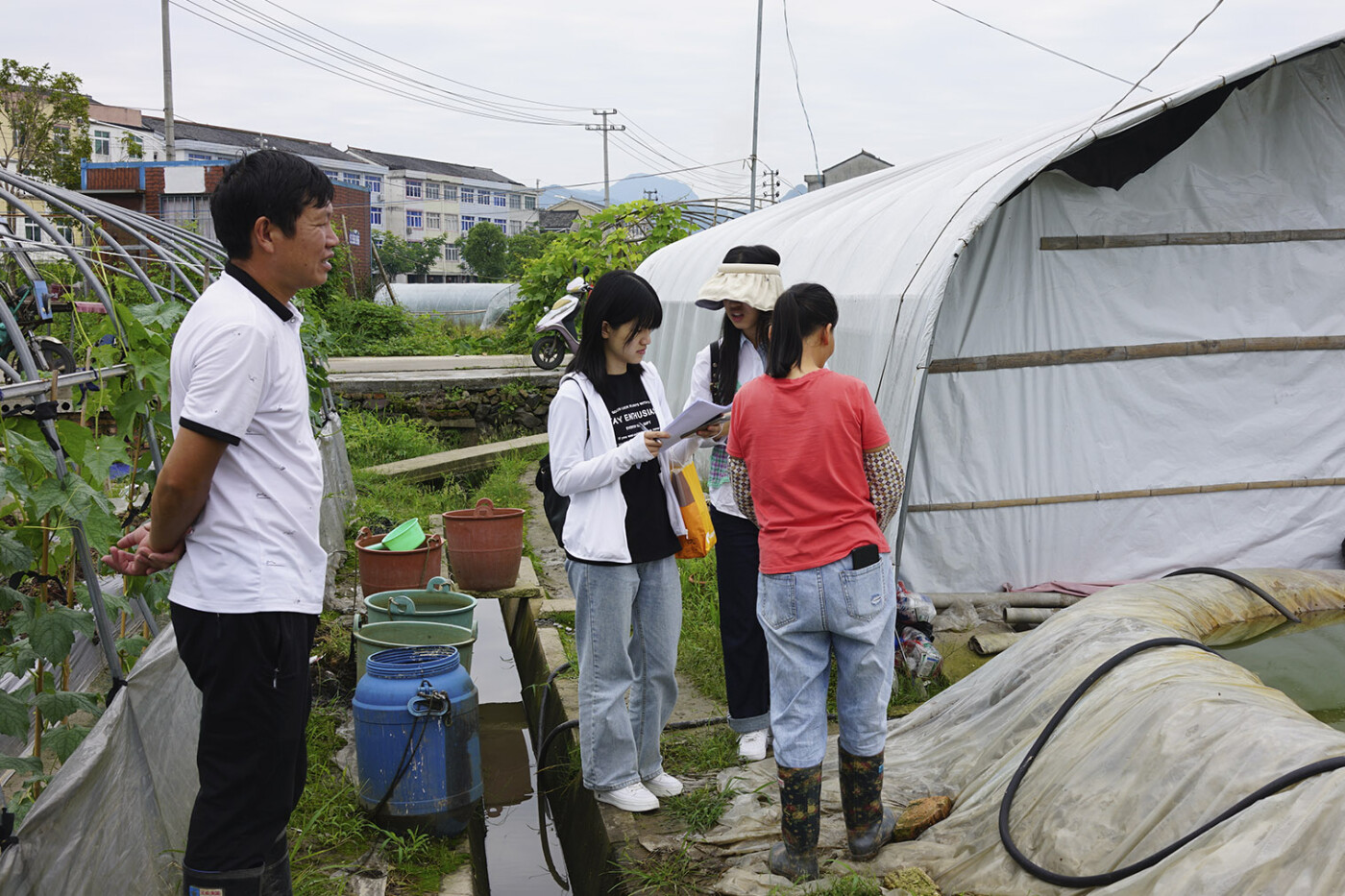
The URLL model presents a series of regional community-driven pilot interventions which explore the possibilities of actor-oriented, participatory socio-spatial transformation scenarios with regards to circular economies, cultural heritage, renewable resources and food security. To strengthen ecological-oriented collaborations, Urban-Rural Living Lab #1 ‘Beiyang Township Area’ focuses on enhancing sustainable nutrient and waste cycles to support ecological food production and inclusive eco-tourism. Its aim is to build site-specific implementation strategies, and research the potential of developments that invite rural communities to participate in the integration of agriculture transformation processes.
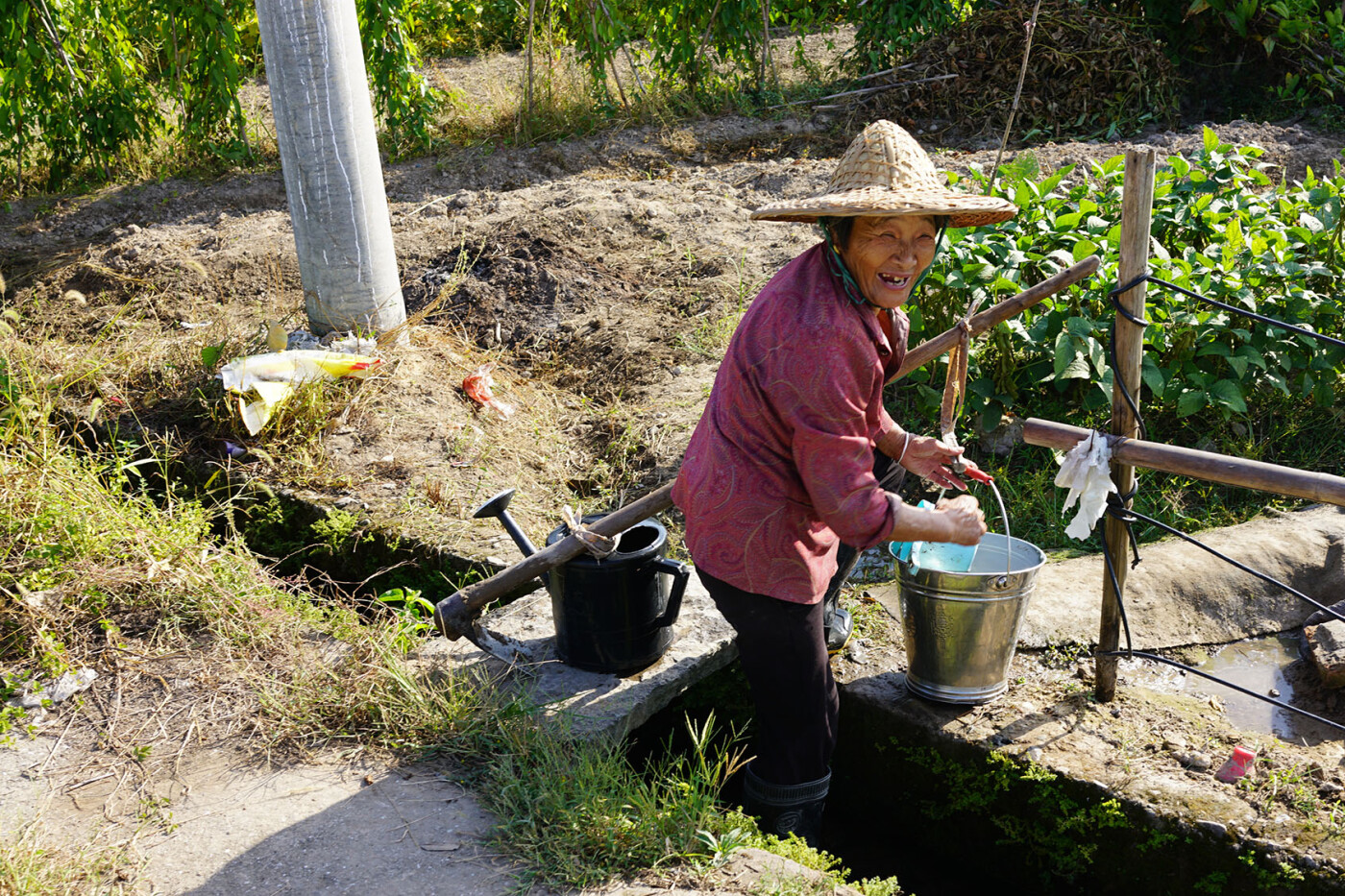
The workshop divided participants according to three topics of research aimed at decoding spatial typologies and scenario development: Group A focused on the spaces of modern farms in Beiyang town with the cooperation of WP2 (Urban-Rural Socio-spatial Practices) and WP6 (Urban-Rural Mobilities and Social Inclusion), exploring the daily lives of villagers through qualitative and quantitative methods including map-tracking and space syntax analysis. Group B explored sustainable development models of modern agriculture in collaboration with WP3 (Urban-Rural Material Cycles), using survey questionnaires and household interviews to investigate differences in landscape, material circulation, industrial composition, income and stakeholders of the four major farms in the region. Group C looked into water-sensitive rural developments with the cooperation of WP5 (Urban-Rural Ecosystems), applying mapping and field surveys to investigate the spatial distribution of major water systems and ecosystem services. These interdisciplinary encounters enabled participants to build an understanding of the region and its many possibilities.